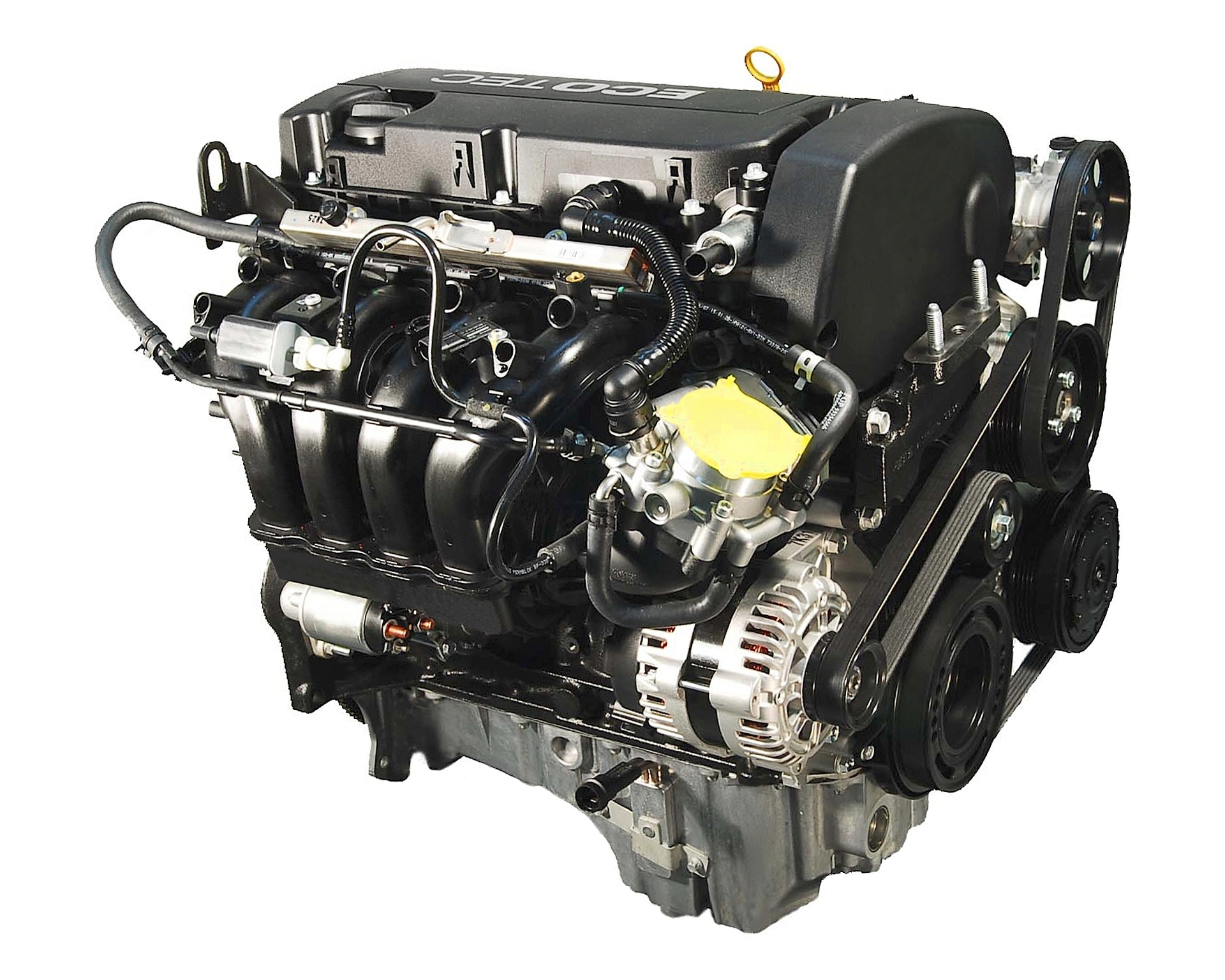Want your engine to run smooth for years? Then start taking care of it like it’s your best friend. We’re talking about the heart of your car, and if you don’t treat it right, it’s going to break down on you, leaving you with a serious repair bill. Here’s how to make sure that engine keeps running strong for as long as possible.
Contents
- 1 1. Change Your Oil and Filters Regularly
- 2 2. Monitor Coolant Levels and Condition
- 3 3. Use High-Quality Fuel
- 4 4. Replace Air and Fuel Filters on Time
- 5 5. Warm Up Your Engine Properly
- 6 6. Drive Smoothly, Avoid Hard Acceleration
- 7 7. Check Oil Levels and Watch for Leaks
- 8 8. Maintain Timing Belts and Chains
- 9 9. Clean the Intake System and Valves
- 10 10. Use Quality Engine Oil and Additives (When Necessary)
1. Change Your Oil and Filters Regularly
This is basic stuff, but it’s so important I’m going to hammer it in. Fresh oil is the lifeblood of your engine. If you’re running old, dirty oil, you’re asking for trouble. The oil lubricates moving parts, helps dissipate heat, and keeps everything running smooth. Keep it fresh, and your engine will thank you.
How Often Should You Change Your Oil?
- Every 3,000 to 5,000 miles (check your owner’s manual for exact intervals).
- If you’re doing lots of stop-and-go driving or driving in extreme conditions (heat, cold, towing), change it more often.
Don’t Forget the Filters!
- Oil filter: Change it every time you change your oil.
- Air filter: Every 12,000 to 15,000 miles or when it looks dirty.
- Fuel filter: Every 20,000 to 40,000 miles (depending on your vehicle).
2. Monitor Coolant Levels and Condition
Overheating is one of the quickest ways to destroy an engine. If your coolant is low or dirty, your engine will overheat, leading to all kinds of problems. Keep an eye on your coolant levels and make sure it’s in good shape.
How to Check Your Coolant
- Check the coolant level when the engine is cool.
- If the level’s low, top it off with a 50/50 mix of coolant and distilled water.
- If the coolant looks rusty or dirty, it’s time for a flush. A dirty cooling system can cause blockages and poor performance.
3. Use High-Quality Fuel
Not all fuel is created equal. Low-quality or dirty fuel can lead to carbon buildup, poor combustion, and engine knocking. Do yourself a favor and stick to the good stuff.
Why Does Fuel Quality Matter?
- Poor fuel leads to incomplete combustion, which can mess with engine efficiency.
- Dirty fuel can clog injectors and cause rough idling and poor acceleration.
- Good fuel helps keep the engine cleaner and running more efficiently.
Fuel Additives: Do You Need Them?
- If you notice sluggish acceleration or rough idling, you might need a fuel system cleaner.
- But don’t overdo it—too many additives can cause more harm than good.
4. Replace Air and Fuel Filters on Time
Clogged filters? Big problem. A dirty air filter chokes the engine, causing it to burn more fuel than necessary and overheat faster. A clogged fuel filter reduces fuel flow, hurting performance and possibly damaging the engine. Make sure you replace them on schedule.
How Often Should You Replace Filters?
- Air filter: Every 12,000 to 15,000 miles or sooner if it’s visibly dirty.
- Fuel filter: Every 20,000 to 40,000 miles (refer to your manual).
5. Warm Up Your Engine Properly
Just like you, your engine needs a little time to wake up in the morning. If you jump into the car and hit the road without letting it warm up, you’re putting unnecessary strain on the engine. Especially in cold weather, that quick start can lead to early wear.

How Long Should You Let Your Engine Warm Up?
- In most cases, a minute or two is enough.
- Don’t let it idle for long periods—modern engines don’t need that much warm-up time.
- If it’s super cold, give it a minute to let the oil circulate and the engine get to a safe operating temperature.
6. Drive Smoothly, Avoid Hard Acceleration
Your engine hates hard acceleration and sudden braking. These habits strain the motor and cause more wear on moving parts. The smoother you drive, the longer your engine lasts. It’s really that simple.
How to Drive for Engine Longevity
- Accelerate slowly—don’t floor the pedal at every light.
- Shift gears at the right RPM range (avoid revving the engine too high).
- Avoid hard braking. Give yourself plenty of space to slow down.
7. Check Oil Levels and Watch for Leaks
If you’re burning through oil or have a leak, you’re in trouble. Low oil levels can cause friction and heat buildup, leading to engine damage. Keep an eye on your oil level and look for any signs of leaks.
How to Check Oil Properly
- Make sure the engine is off and cool.
- Pull out the dipstick, wipe it clean, and dip it back in.
- Check the oil level against the marks. If it’s low, top it off with the recommended oil.
8. Maintain Timing Belts and Chains
If your timing belt or chain breaks, you’re looking at serious engine damage—possibly even a complete engine replacement. Don’t wait for it to snap. Replace it on schedule and avoid being stranded.
When to Replace the Timing Belt or Chain?
- Timing belts should be replaced every 60,000 to 100,000 miles, depending on your vehicle.
- If you hear a whining noise or feel irregular engine performance, get it checked immediately.
9. Clean the Intake System and Valves
Over time, carbon deposits can build up on the intake valves and other engine components, reducing performance and efficiency. Cleaning the intake system helps keep the engine running smoothly.
How Often Should You Clean the Intake?
- If you notice poor acceleration or rough idle, it might be time to clean the intake.
- Typically, it’s a good idea to clean the intake every 30,000 miles or so, depending on how you drive.
10. Use Quality Engine Oil and Additives (When Necessary)
Not all oils are the same. Using the right engine oil is critical for long-term performance. And, while additives can be useful in certain situations, they’re not a substitute for proper maintenance.
Choosing the Right Oil
- Use the oil recommended in your owner’s manual. Don’t go cheap—this is your engine’s lifeblood.
- For older engines, high-mileage oil might help reduce leaks and improve performance.
Should You Use Additives?
- If your engine is burning oil or showing signs of sludge, a quality engine treatment can help clean things up.
- But don’t overdo it—relying on additives too much can mask problems instead of fixing them.
If you take care of your engine, it will take care of you. Regular maintenance, smooth driving, and attention to detail will help keep your engine running smoothly for years. Don’t wait until something breaks—do the work now and save yourself from headaches down the road.
So, get out there, pop the hood, and give that engine the love it deserves. Keep it cool, keep it clean, and keep it running strong!

